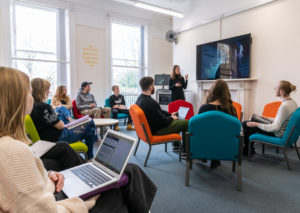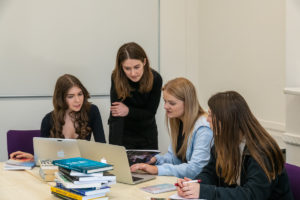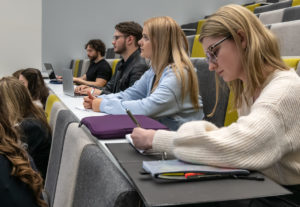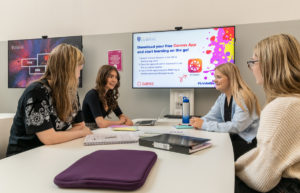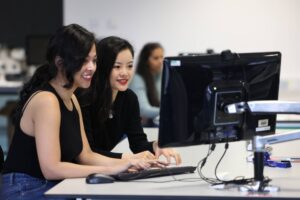If you study Media and Communication Studies BA at XJTLU you can study Media, Data and Society at the University of Liverpool on the XJTLU 2+2 programme. or see all XJTLU 2+2 programmes.
Media, Data and Society BA (Hons): XJTLU 2+2 programme
The BA Media, Data and Society is a forward-looking programme that combines standard approaches to studying the media with computational and data-driven methods to address the growing role of data and algorithms in society.

